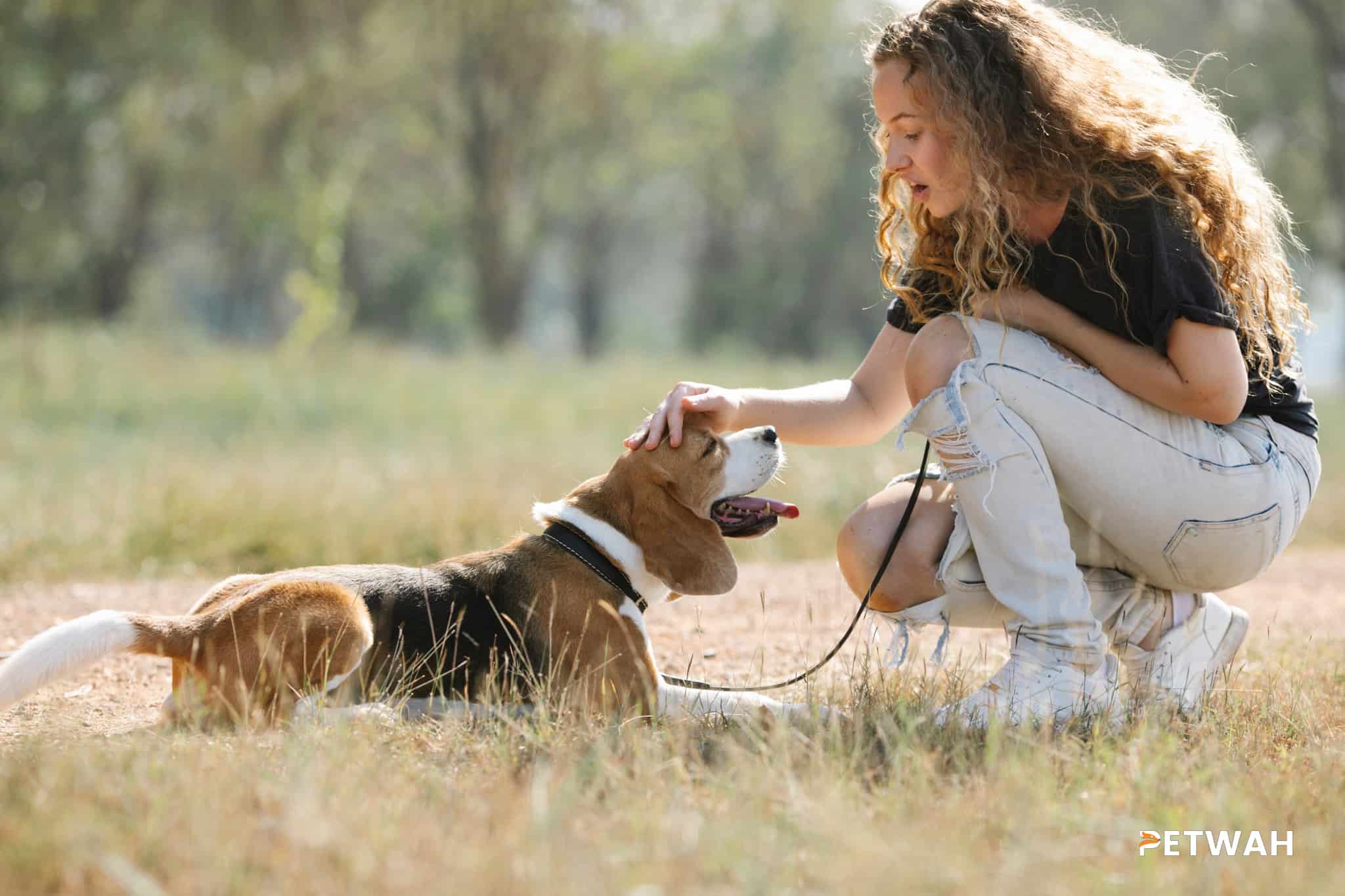Border Collies are a special breed of dog that are well-known for their intelligence, athleticism, and eagerness to please. However, like all breeds, they are not immune to health problems. One health issue that affects many dogs, including Border Collies, is thyroid problems. The thyroid gland is an important organ that plays a crucial role in metabolism, growth, and development, and when it malfunctions, it can cause a wide range of problems for your furry friend. In this blog post, we will explore the risk factors, symptoms, and treatment options for thyroid problems in Border Collies, so you can keep your furry friend happy and healthy for years to come.
As dog owners, we want to make sure our furry friends are healthy and happy. One aspect of a dog’s health that we may not always consider is their thyroid function. Just like humans, dogs can also develop thyroid problems, including Border Collies. In this article, we will explore the risk factors, symptoms, and treatment of thyroid problems in Border Collies.
First, let’s understand what the thyroid gland is and what it does. The thyroid gland is located in the neck and produces hormones that regulate metabolism. When the thyroid gland produces too much hormone, it is called hyperthyroidism. When it produces too little hormone, it is called hypothyroidism.
Border Collies are at a higher risk for developing hypothyroidism than other breeds. A study conducted by the Orthopedic Foundation for Animals found that Border Collies have a 4.6% chance of developing hypothyroidism, compared to the average of 2.2% for all breeds.
There are several risk factors that can increase a Border Collie’s likelihood of developing thyroid problems. These include genetics, age, and diet. Genetics play a large role in thyroid health, and if a Border Collie’s parents had thyroid problems, the dog is more likely to develop them as well. As Border Collies age, their risk of developing thyroid problems increases. Additionally, a poor diet can also contribute to thyroid problems, as certain nutrients are necessary for thyroid function.
 - Copy.jpg)
So, what are the symptoms of thyroid problems in Border Collies? The symptoms of hypothyroidism can be subtle and may include weight gain, lethargy, hair loss, and skin problems. As the disease progresses, it can also lead to behavioral changes, such as aggression or anxiety. Hyperthyroidism, on the other hand, can cause weight loss, increased appetite, and hyperactivity.
If you suspect your Border Collie may have thyroid problems, it is important to visit a veterinarian. The vet will likely perform a blood test to check the dog’s thyroid hormone levels. If the levels are abnormal, the vet may recommend medication to regulate the hormone levels.
In addition to medication, there are also steps you can take at home to help support your Border Collie’s thyroid health. Feeding a well-balanced diet with plenty of protein and essential nutrients can help support thyroid function. Regular exercise is also important for maintaining a healthy weight and promoting overall health.
Overall, Border Collies are at a higher risk for developing thyroid problems, particularly hypothyroidism. Genetics, age, and diet can all contribute to the development of thyroid problems, and it is important to be aware of the symptoms and visit a vet if necessary. With proper care and treatment, your Border Collie can live a happy and healthy life.
In conclusion, Border Collies are one of the most intelligent and active dog breeds, but they are also prone to developing thyroid problems. It’s important to keep an eye on your Border Collie’s behavior and health, and to schedule regular vet checkups to catch any potential thyroid issues early on. With proper care and attention, Border Collies can lead happy, healthy lives, even with a thyroid disorder. So, if you’re a Border Collie owner, don’t panic! Just be vigilant and proactive, and your furry friend will thank you for it.


%20-%20Copy.jpg)
.jpg)
%20-%20Copy.jpg)
%20-%20Copy.png)


%20-%20Copy.jpg)